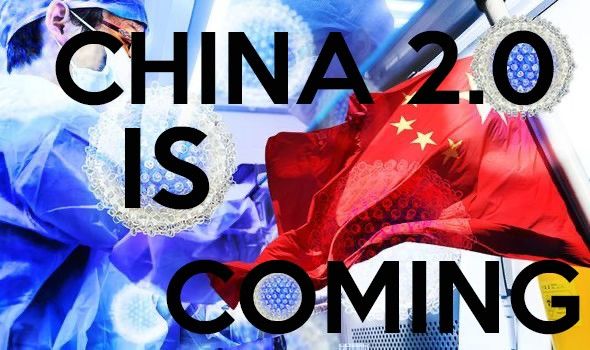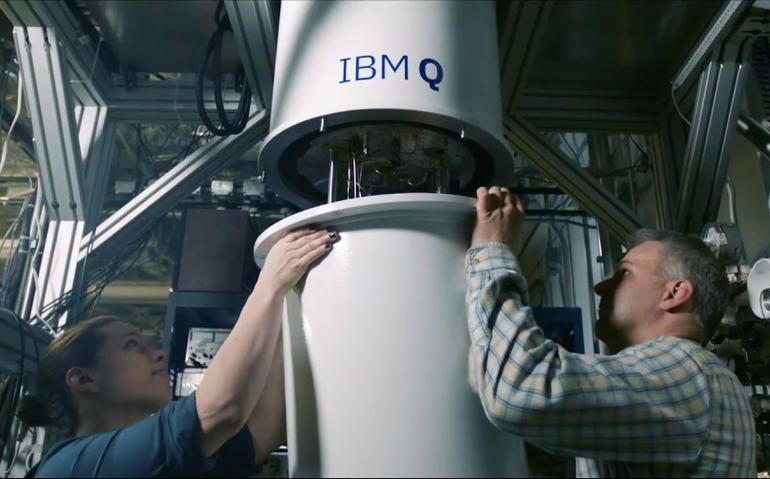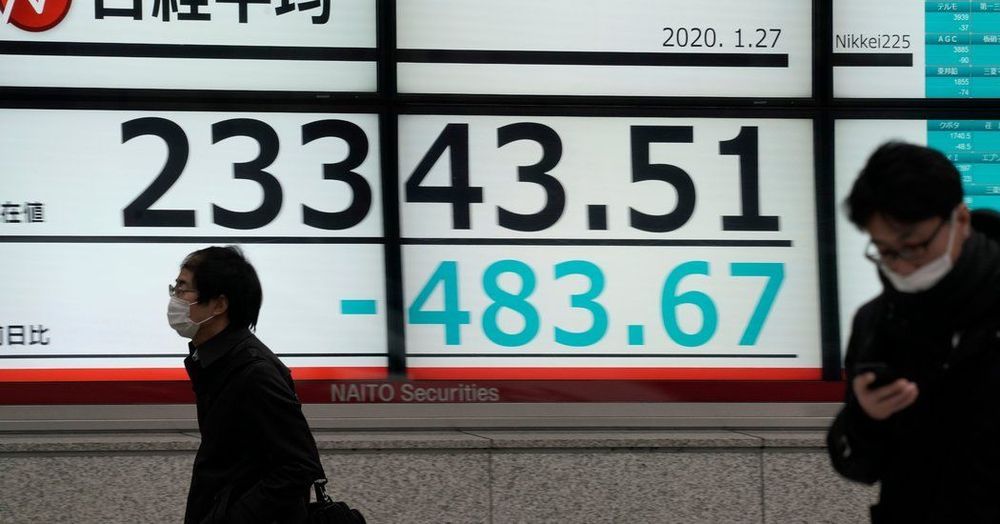Every crisis is an opportunity. With everyone staying home, this is the perfect opportunity for e-commerce, e-learning, online jobs, and big tech to expand. This is the beginning of a huge tech revolution. 2020 will be the techade (technology decade).
The virus is hitting China’s economy hard, but this is likely only temporary. China’s immune system is fighting back — building hospitals in record time, completely locking down a city and most importantly the entire nation uniting as one voice of support and solidarity.
Mario Cavolo called out the global response to the Coronavirus in his post “Something’s not right here folks” which originally went viral on LinkedIn and then subsequently all over Chinese social media. He compares the media response to Coronavirus with the H1N1 outbreak in the US, saying, “it’s not a conspiracy, it’s just a tragedy,” and “this vicious, political, xenophobic racist attacks and smearing of all things China needs to stop.”
What doesn’t break you only makes you stronger, and the Chinese people are resilient and will find ways to rise out of this crisis, likely coming back even stronger than before. How long that will take no-one yet knows, but the Chinese spirit is not even close to being broken, and we’ve seen how Chinese ingenuity in a time of crisis has led to entirely new operating models.






